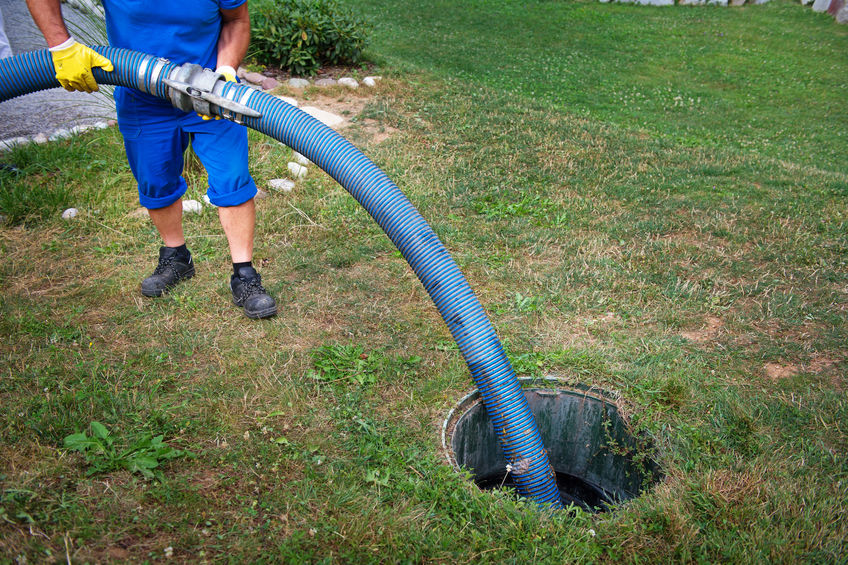WE NOT ONLY PUMP YOUR TANK - WE CLEAN IT! Up to 36 Months Financing Available
Call Septic Blue Now 813-355-9188
It's Easier Schedule Online
WE NOT ONLY PUMP YOUR TANK - WE CLEAN IT! Up to 36 Months Financing Available
Call Septic Blue Now 813-355-9188
It's Easier Schedule Online

Septic systems are on-site wastewater treatment systems, vital for homes and businesses in rural areas or off-grid. They also store waste in the septic tank. Thankfully, helpful bacteria in the tank breaks down solid waste into dense, space-saving sludge. Still, the wastewater, solid waste, and sludge levels will rise over time as inhabitants use the plumbing system. Septic pumping is a core maintenance task that involves vacuuming out the excess in the septic tank.
In this quick-read article brought to you by Septic Blue, we explore the basics of septic systems and dive into the importance of septic pumping. If it’s time for your periodic septic tank pumping, then call Septic Blue to schedule a convenient appointment.
Septic systems serve as decentralized wastewater treatment facilities, typically consisting of a septic tank and a drain field. The septic system is a popular option for buildings in rural areas or off-grid. But how does it work? Wastewater from toilets, sinks, showers, and appliances flows into the septic tank where solid waste settles and undergoes decomposition by beneficial bacteria. The remaining liquid effluent then exits the tank and is dispersed into the drain field where it undergoes further treatment through soil filtration.
While the bacterial action within the septic tank helps break down solid waste, it does not eliminate it. Over time, solid waste accumulates at the bottom of the tank, forming a layer of sludge.
Additionally, floating scum and excess wastewater contribute to the buildup of material within the tank. Without regular pumping, these accumulated solids can impair the efficiency of the septic system, leading to clogs, backups, and potential environmental contamination.
The frequency of septic pumping depends on several factors, including the size of the tank, the number of occupants in the property, and the volume of wastewater generated.
As a general guideline, septic pumping is recommended every 3 to 5 years for residential properties. However, households with lower tank capacities or higher usage rates may require more frequent pumping to prevent overloading the system.
Septic pumping is only one aspect of maintaining your septic system. Septic tank cleaning, for instance, is a more comprehensive septic service involving scrubbing and scouring away stubborn gunk and blockages in the inlet and outlet pipes. If you are looking for a reputable and reliable septic company, then consider an established one like Septic Blue. We have trained and uniformed septic professionals who can perform a wide range of septic maintenance and repair services. We also offer installations and replacements.
Keeping your septic tank in peak condition often feels like…
Read More+Septic systems are designed to handle a specific volume of…
Read More+Unlike public sewer systems, your septic tank has a limited…
Read More+